Every day, over 100 patients trust our clinic for expert dental care, personalized treatments, and compassionate support.
Experience First-Class Dentistry at Feist Dental
Experience expert care, advanced technology, and personalized service for a truly first-class dental visit, helping you find trusted dental services near you.
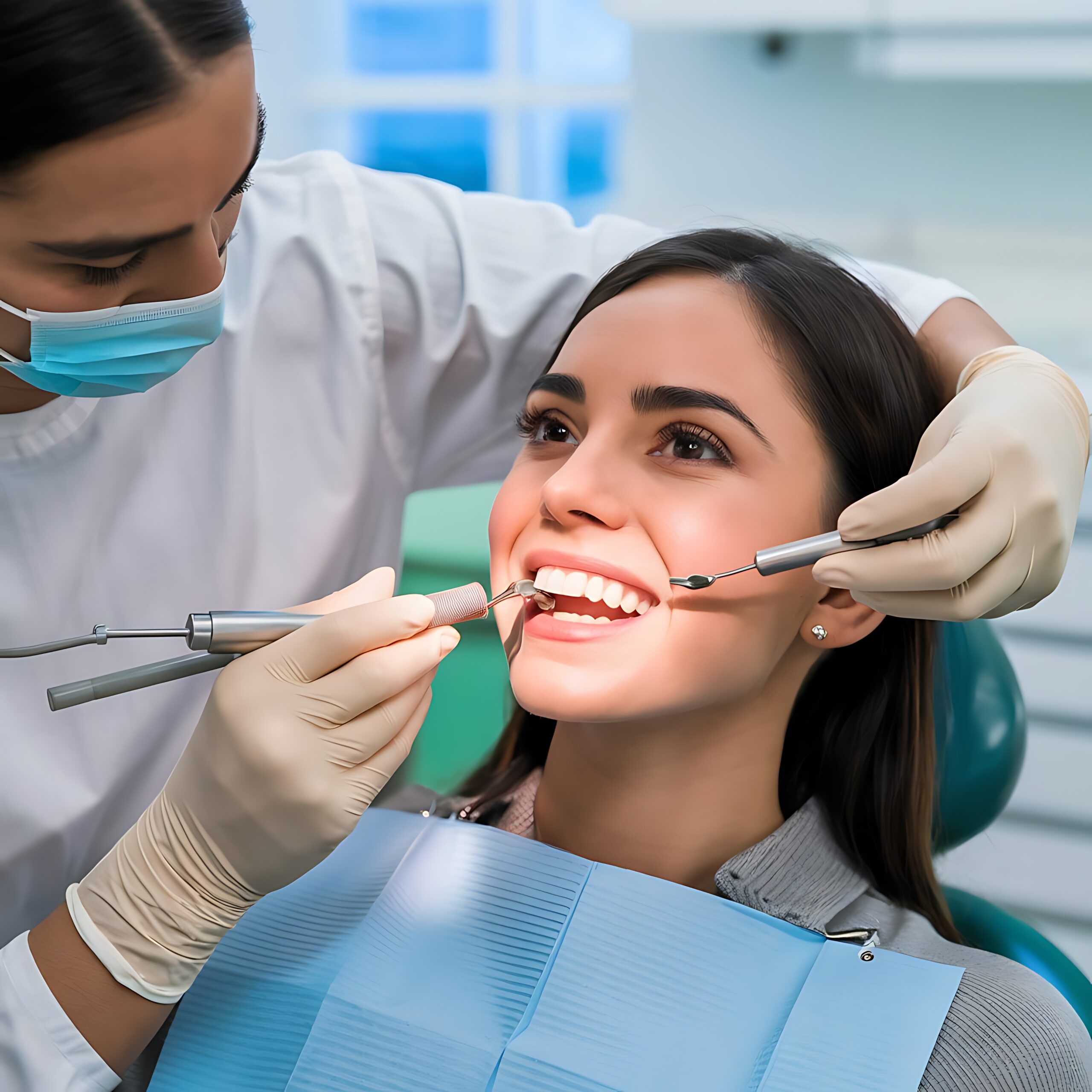
Welcome to Feist Dental
Comprehensive Cosmetic & General Dentistry Services
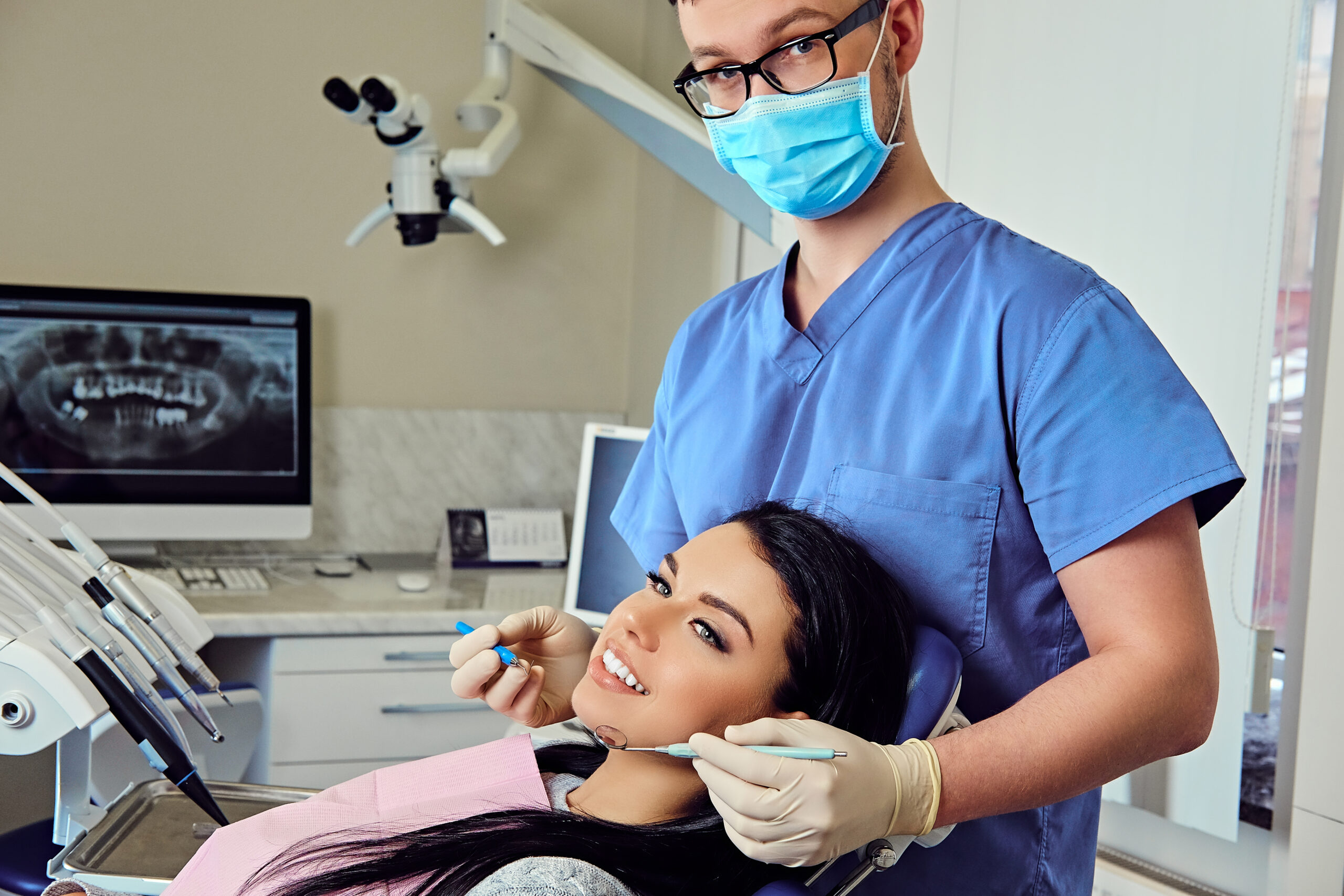
General Dentistry
General dentistry focuses on maintaining oral health through cleanings, exams, fillings, and preventive care for patients of all ages.
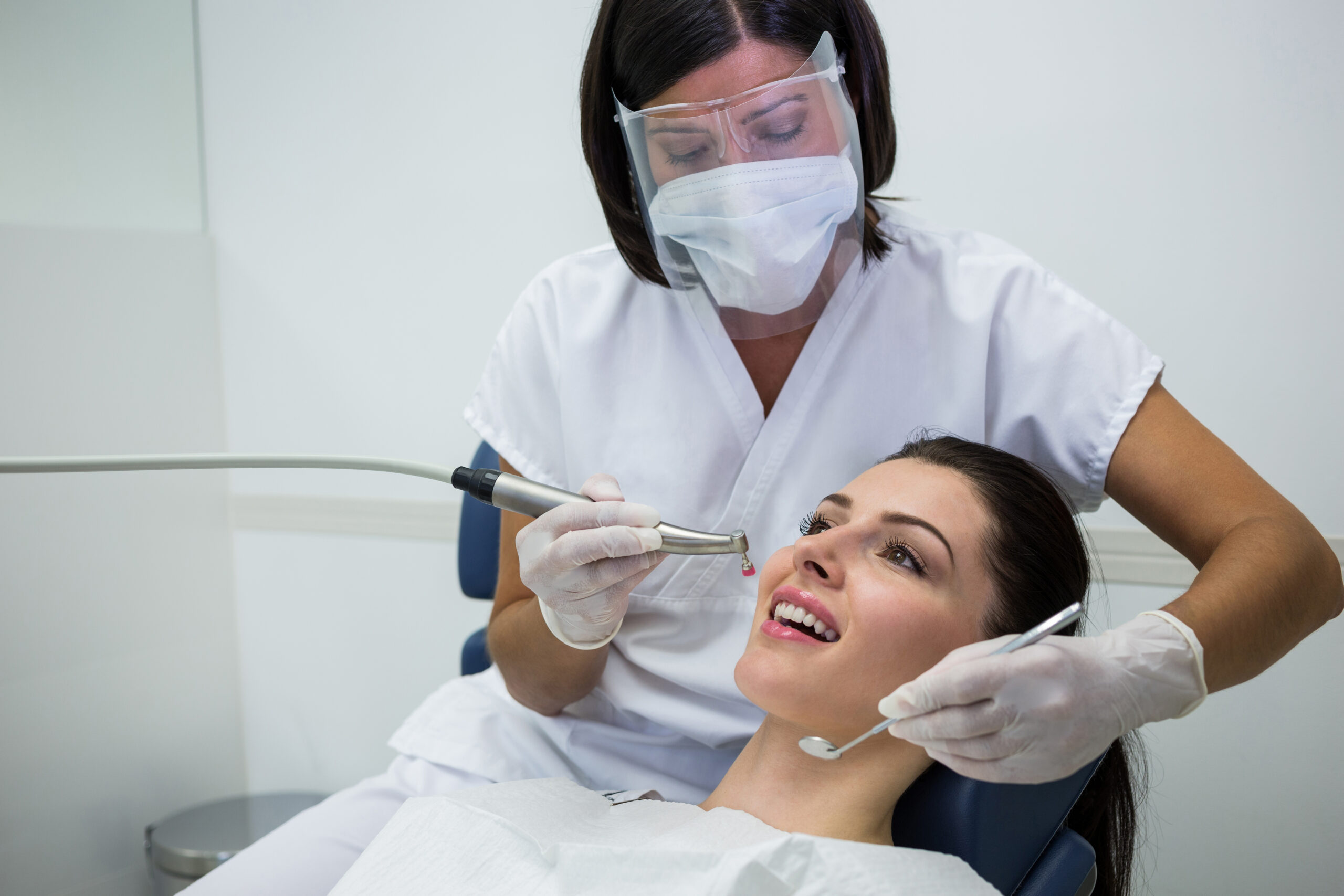
Cosmetic Dentistry
Cosmetic dentistry enhances the appearance of your smile through treatments like whitening, veneers, and bonding for a confident, radiant look.
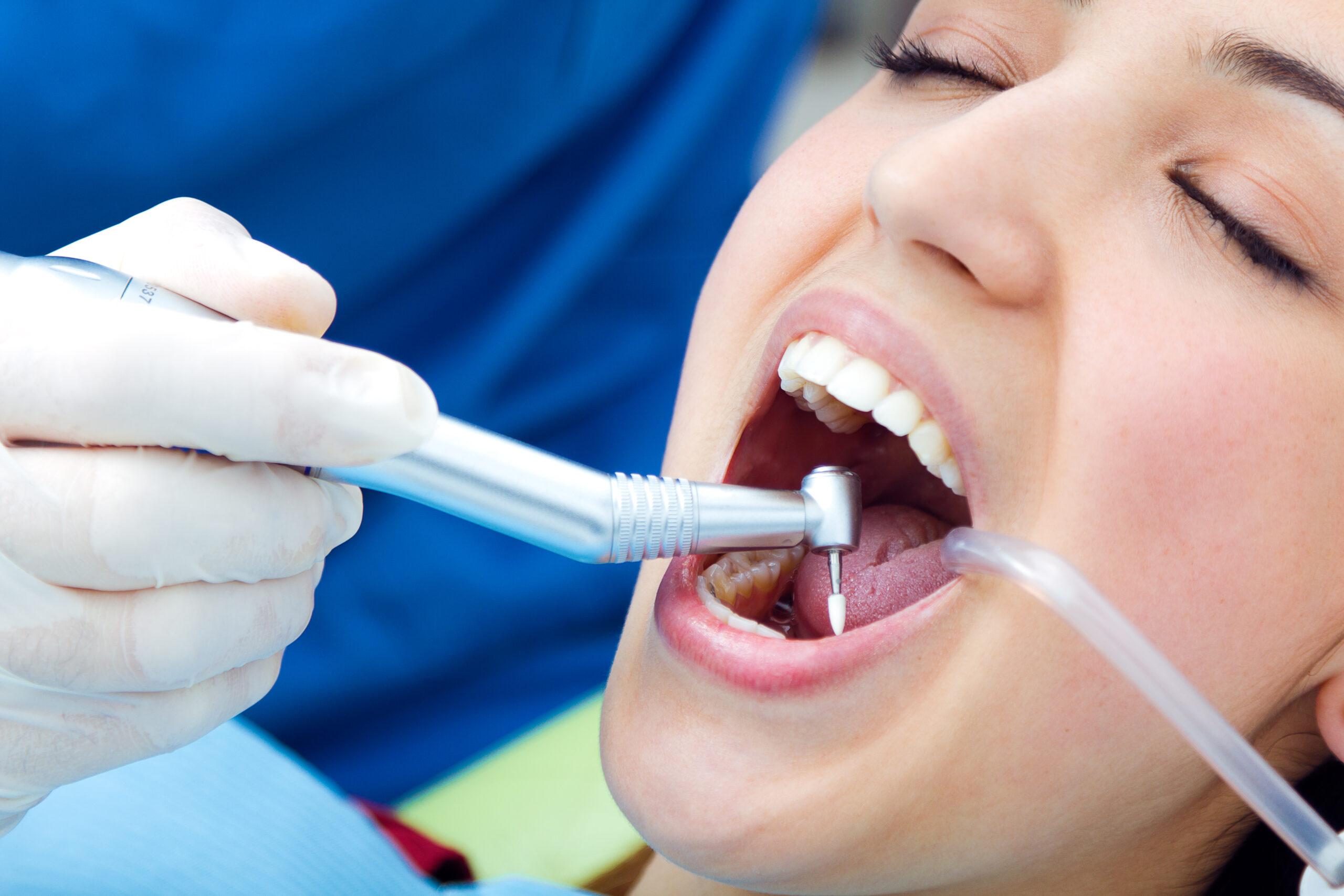
Restorative Dentistry
Restorative dentistry repairs and replaces damaged or missing teeth using crowns, bridges, dentures, and implants to restore function and appearance.
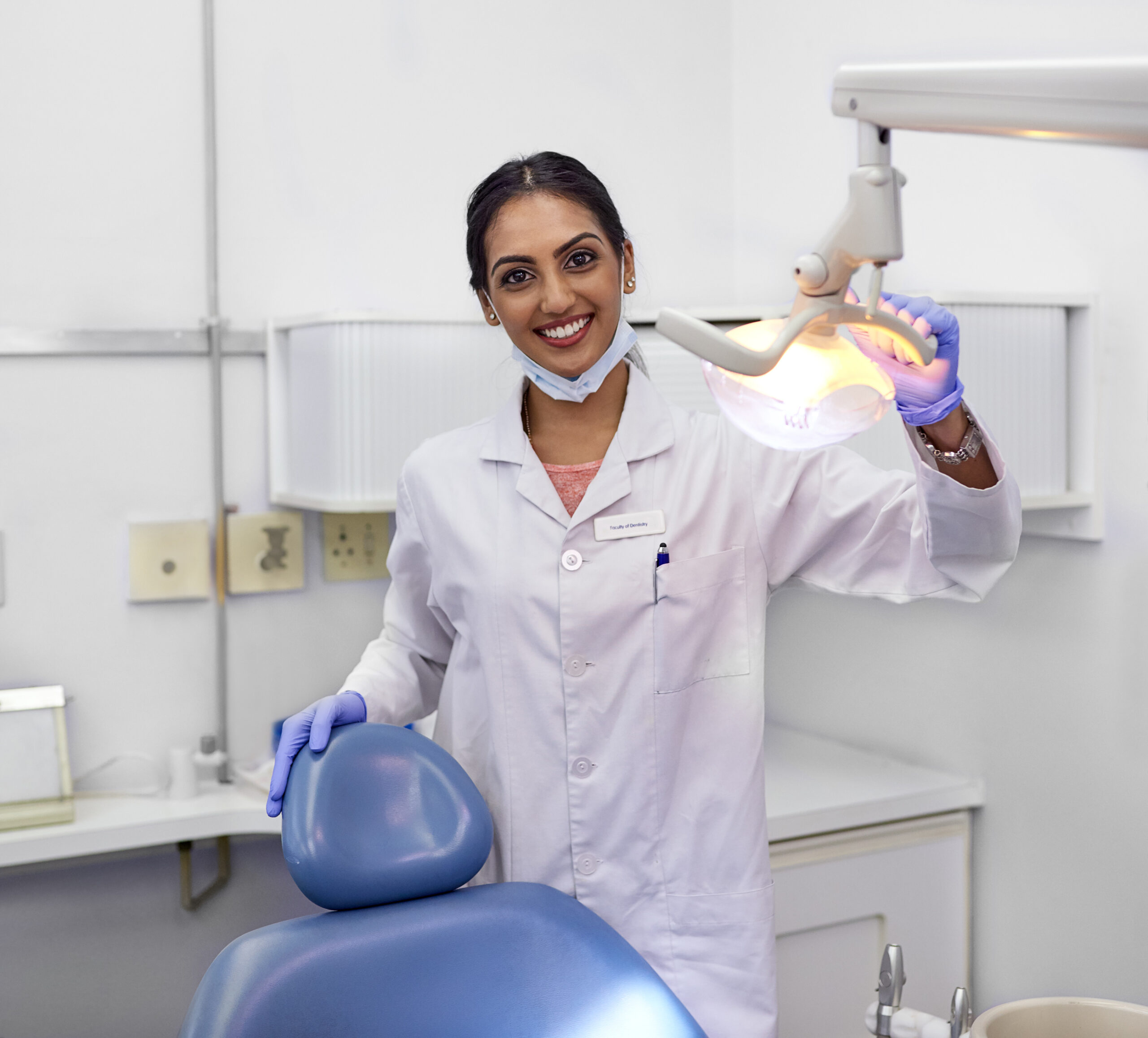
Why Choose Us
Looking for a Dentist to Perfect Your Smile?
Looking for a dentist to perfect your smile? At Feist Dental, we use advanced techniques and personalized care, helping you find trusted dental services near you. Our goal is to help you achieve a healthy, confident, and beautiful smile you’ll love.
- Dental check-ups
- Hygiene treatments
- Crowns, veneers and bridges
- Dental implant restoration
- Root canal treatment
- Professional teeth-whitening
Need an Emergency Dental Office Near You?
Dental emergencies are urgent oral health problems that require immediate care. If left untreated, they can cause severe pain, bleeding, swelling, or permanent damage. We help you find trusted emergency dental services near you. Common emergencies include:
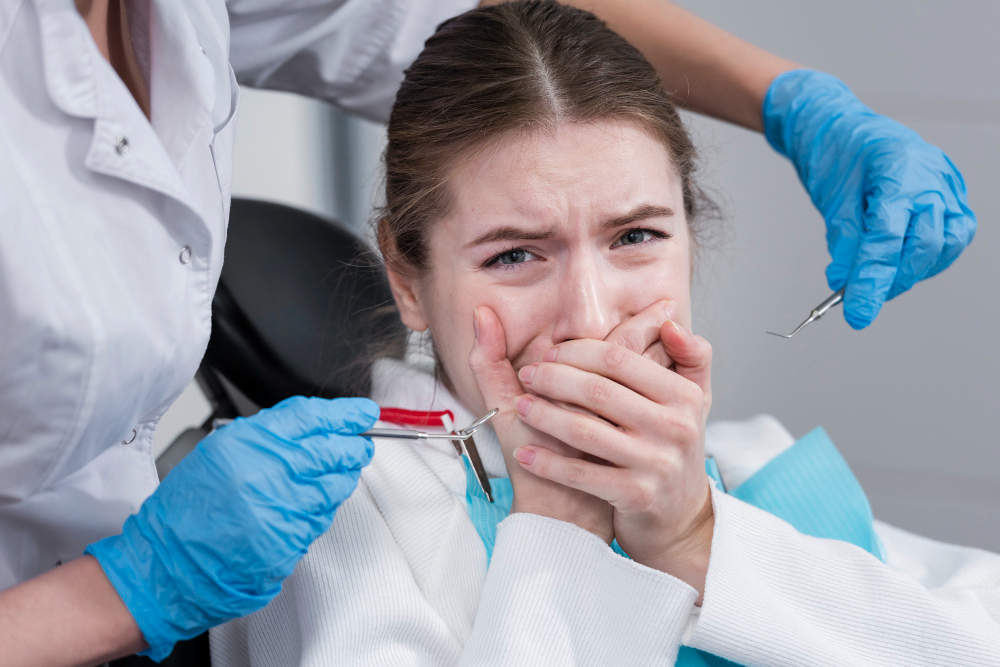
What Is a Dental Emergency?
A dental emergency refers to any oral health issue that requires immediate attention from a dentist to relieve pain, stop bleeding, save a tooth, or treat a serious infection. These situations often come unexpectedly and, if not treated promptly, can lead to severe complications — both dental and overall health-related.
Common Types of Dental Emergencies
1. Severe Toothache
Intense, persistent pain could be a sign of an infection, abscess, or deep decay.
Pain that doesn’t go away with over-the-counter medication needs urgent evaluation.
2. Knocked-Out Tooth (Avulsed Tooth)
Time is critical — a knocked-out tooth can often be re-implanted if treated within 30–60 minutes.
3. Chipped or Broken Tooth
A minor chip may not be urgent, but if it’s painful or has exposed nerves, immediate care is needed.
4. Lost Filling or Crown
Exposed tooth structure can become sensitive or prone to damage or decay. Temporary fixes can help, but seeing a dentist quickly is essential.
5. Dental Abscess (Infection)
An abscess is a pocket of pus caused by a bacterial infection. Symptoms include:
Swelling in the gums or face
Fever
Throbbing pain
Bad taste in the mouth
Swollen lymph nodes
This is a serious condition that can spread if not treated promptly.
6. Bleeding Gums or Oral Injury
Bleeding that doesn’t stop after a few minutes, especially following trauma, may indicate internal damage or a more serious condition.
7. Jaw Injury or Fracture
Pain, swelling, and difficulty opening or closing your mouth may be signs of a broken or dislocated jaw — this is a medical emergency.

Why Choose Emergency Dental Aid?
Dental emergencies can strike at any time — sudden toothaches, broken teeth, injuries, or infections that simply can’t wait. When you’re in pain and unsure where to turn, Emergency Dental Aid provides fast, professional, and reliable care when you need it most.
Immediate, Same-Day Treatment
We understand that dental emergencies are urgent. That’s why we offer same-day appointments and rapid response times to relieve your pain and address the problem before it gets worse.
Experienced Emergency Dentists
Our team of highly trained emergency dental professionals has years of experience treating everything from severe toothaches to knocked-out teeth and infections. We know how to act quickly — and precisely — to protect your smile and your health.
Comprehensive Emergency Services
Whether it’s a chipped tooth, lost filling, abscess, or trauma to the mouth or jaw, we provide complete emergency dental care under one roof.
Pain Relief When You Need It Most
Dental pain can be overwhelming. Our priority is to get you comfortable as quickly as possible. We use advanced techniques and anesthesia options to provide fast, effective relief — so you can breathe easy again.
Prevent Complications
Delaying treatment can turn a simple issue into a serious medical problem. With Emergency Dental Aid, you get ahead of the issue before it leads to more pain, cost, or permanent damage.
Friendly, Supportive Staff
We know dental emergencies can be stressful. Our caring team is here to listen, explain, and support you every step of the way — in a calm, judgment-free environment.
Convenient Locations & Hours
Many emergencies happen outside regular business hours. That’s why we offer extended hours, weekend appointments, and multiple locations to serve you better.

Find an Emergency Dentist Near You
Dental emergencies can happen when you least expect them — a sudden toothache, a chipped tooth, a knocked-out tooth, or a painful infection. When every second counts, you need fast, reliable, and expert care. That’s why it’s essential to find an emergency dentist near you who can provide immediate help and lasting relief.
Why Quick Access Matters
Delaying treatment during a dental emergency can lead to more pain, bigger problems, and even permanent damage. Having a trusted emergency dentist nearby ensures you can:
Get fast pain relief
Save a damaged or knocked-out tooth
Treat infections before they spread
Avoid long-term complications
What to Look For in a Nearby Emergency Dentist
Not all dental clinics are equipped to handle emergencies. Here’s what you should look for:
Same-day or walk-in appointments
Extended hours or 24/7 availability
Experienced emergency care team
Advanced equipment for diagnostics and treatment
Convenient location & accessible parking
Common Dental Emergencies We Treat
Our local emergency dentists are trained to handle a wide range of urgent dental issues, including:
Severe toothaches
Broken, chipped, or cracked teeth
Knocked-out (avulsed) teeth
Lost crowns or fillings
Dental abscesses and infections
Swelling, bleeding, or gum injuries
Jaw pain or trauma
How to Find a 24/7 Emergency Dentist Near You
Search online with terms like “emergency dentist near me” or “24-hour dental care.”
Call local dental offices to ask about emergency services and availability.
Use dental emergency hotlines or directories that connect patients with urgent care dentists in their area.
Pro Tip: Save the number of a trusted emergency dentist in your phone — just in case!
Emergency Dentists Nearby
Are you in excruciating pain due to a dental emergency? Look no further than Emergency Dental Aid, your go-to resource for finding a nearby emergency dentist and scheduling a same-day dental appointment.
FAQ
What happens during a hygiene cleaning / cleaning appointment?
During a hygiene treatment, our professionals remove plaque and tartar buildup that can’t be removed just by brushing or flossing, helping to prevent cavities, gum disease, and bad breath.
Who works at Feist Dental / what is their philosophy?
They combine advanced technology with compassionate care. They focus on personalized treatment, patient comfort, and education to make visits as stress-free as possible.
How often should I come for hygiene / cleaning visits?
Typically, patients are advised to come every 6 months for regular cleanings, though some with special conditions (gum disease, implants, etc.) might require more frequent visits.
Do you accept insurance / what are the payment options?
This is not explicitly stated on their site. You should contact Feist Dental directly or check their “Contact / Billing” page for insurance and payment details.
How do I schedule an appointment?
You can usually call their clinic or use their website’s contact form. (Again, check their “Contact Us” section on the site.
What should I bring for my first visit?
Previous dental/medical history
Any X-rays or records from previous dentistry (if available)
A list of medications you take
Insurance or payment details (if applicable)